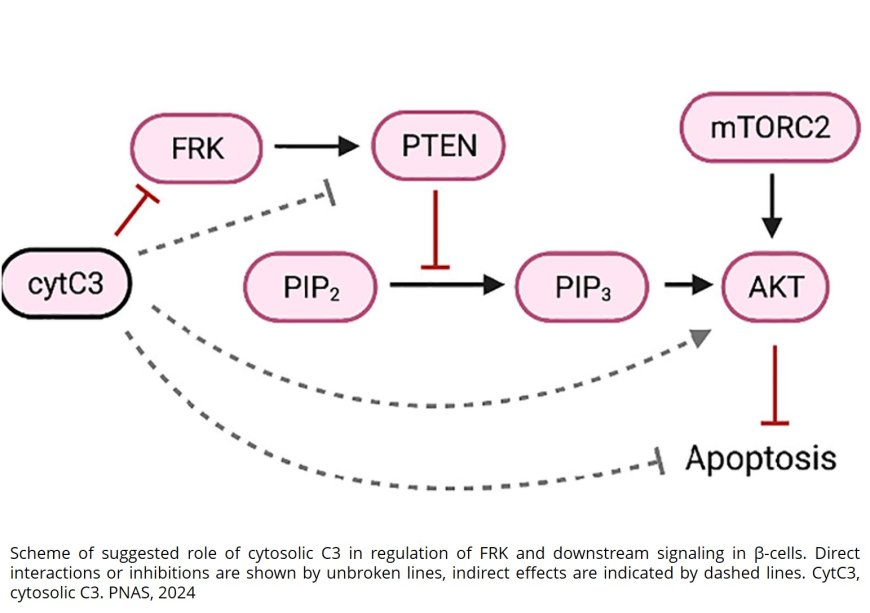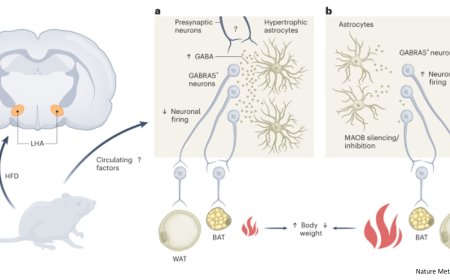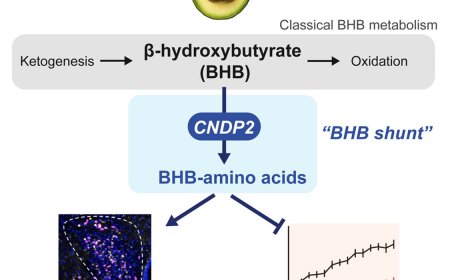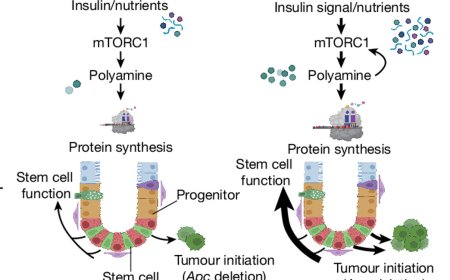The protein that protects insulin-producing cells

Although there are many differences between type 1 diabetes and type 2 diabetes, there are also similarities, such as inflammation of the insulin-producing cells. Researchers have studied a protein called C3, which plays a central role in the body’s immune system. The protein is secreted from cells and is found in large quantities in the blood.
Previous studies by the same researchers have shown that C3 is also present inside cells and plays an important role there. Now, their latest study in PNAS shows that the protein C3 protects insulin-producing cells from damage and death when it is present inside the cells.
“Much research on diabetes focuses on trying to understand what happens when the insulin-producing cells are destroyed. We have chosen a different approach that aims to understand what protects the insulin-producing cells,” says the study lead.
It is already known that a protein called IL-1B can cause inflammation and damage to the insulin-producing cells. The new study now shows that it is intracellular C3 that protects the insulin-producing cells from being damaged by IL-1B.
In the long term, the knowledge about C3 can be used to develop new treatments aimed at protecting the insulin-producing cells, such as stem cell therapies for treating type 1 diabetes and type 2 diabetes.
“An objective among many diabetes researchers is to create treatments where stem cells are taken from the patient and converted into insulin-producing cells, which are then transplanted back into the patient. To achieve this, it is important to understand what is needed for the insulin-producing cells to function well. If we can increase the production of intracellular C3 in these cells, it may help the cells survive longer so that the treatment can be more effective,” says a co-senior author of the study.
Among researchers studying the immune system, there is no consensus on whether C3 plays a significant role inside our cells. The new study will pave the way for new research that can increase our knowledge about the significance of intracellular proteins in the development of diabetes and other diseases.
“It has long been known that C3 plays a crucial role for the immune system in the bloodstream where it helps white blood cells to engulf infectious microorganisms. Our new study shows that the protein plays a different role when it is located inside the cell. We hope to see similar studies by other research groups that either confirm or contradict our results,” says the author.













